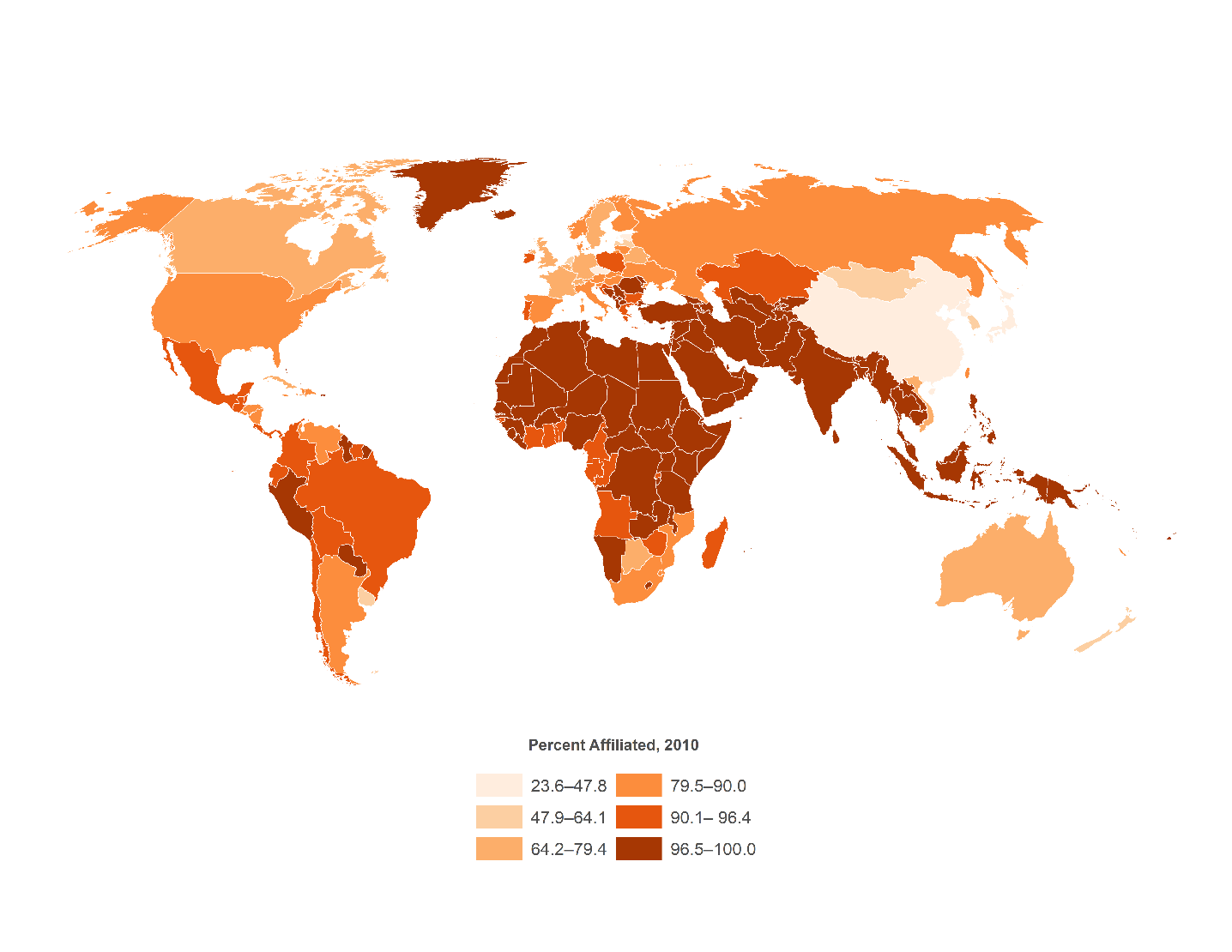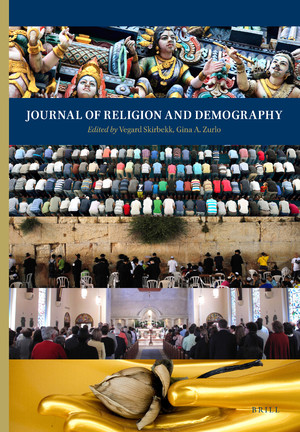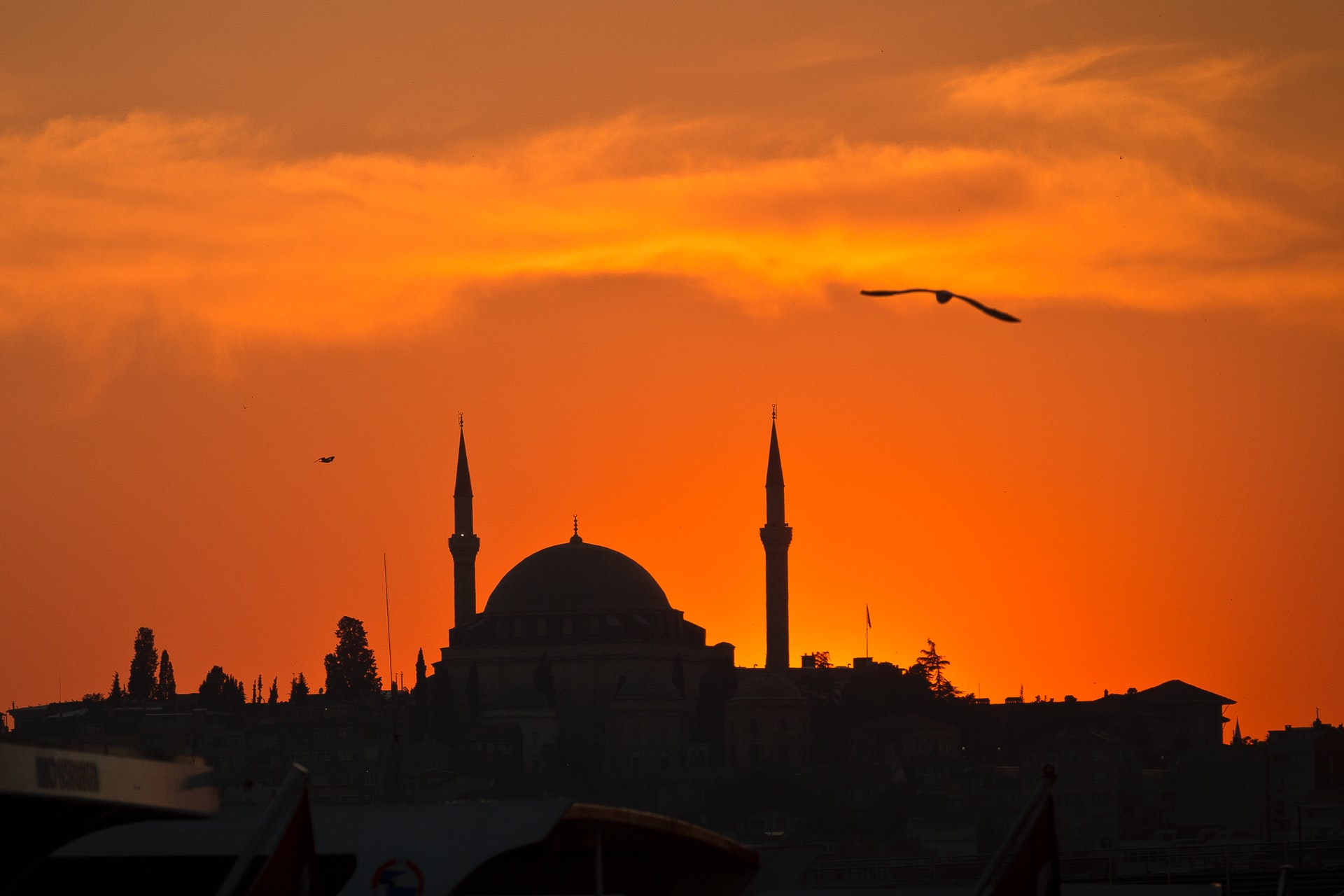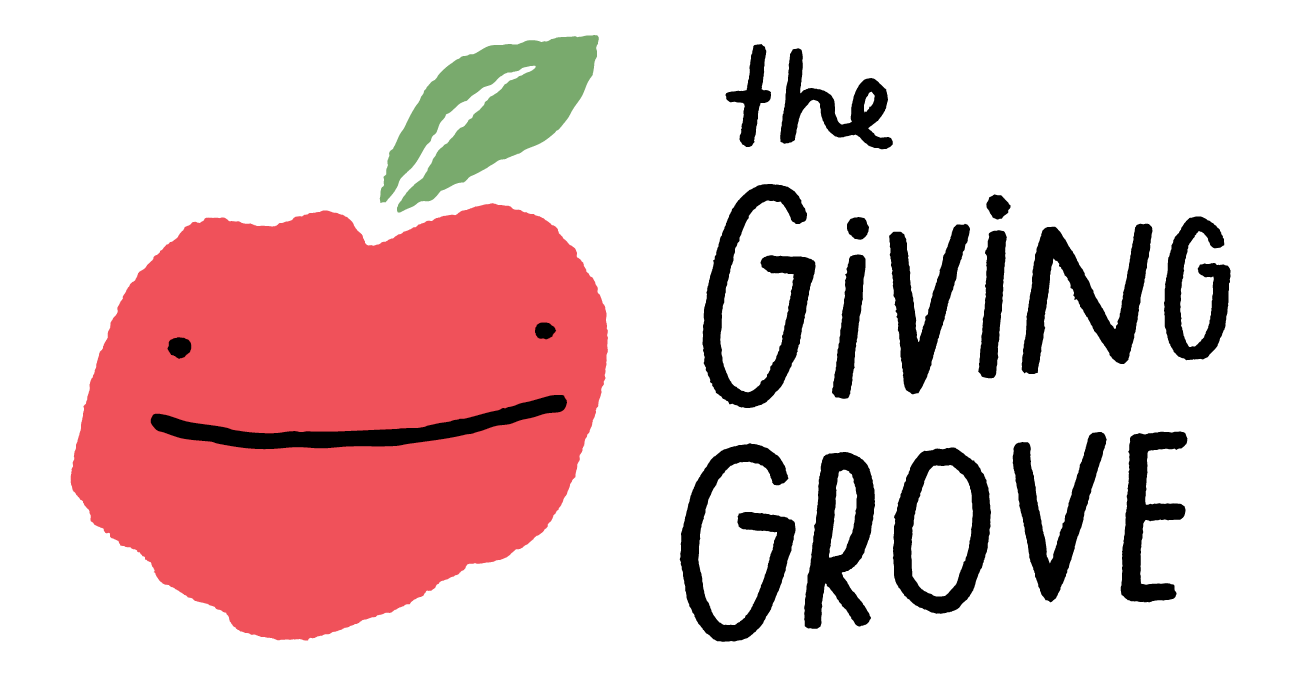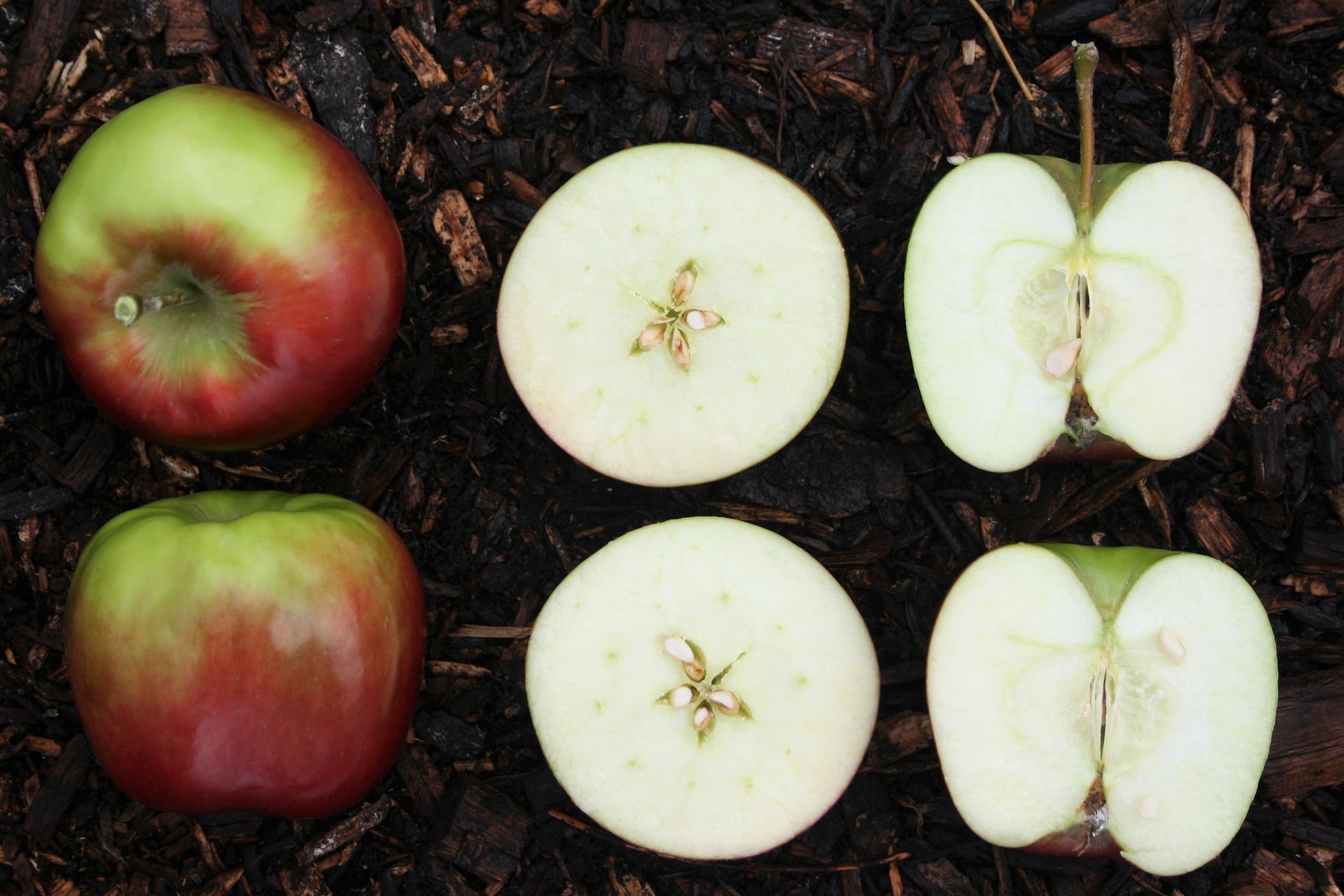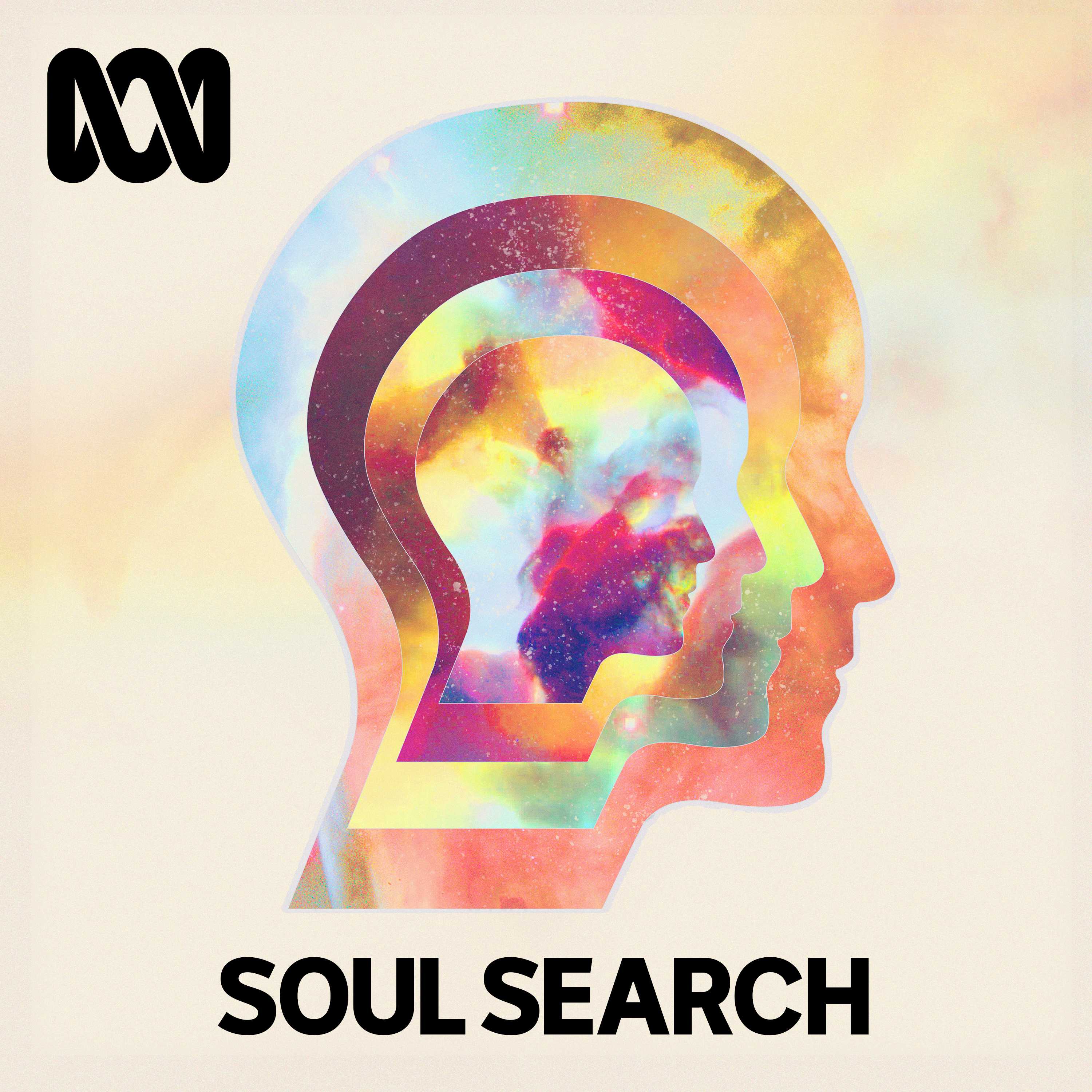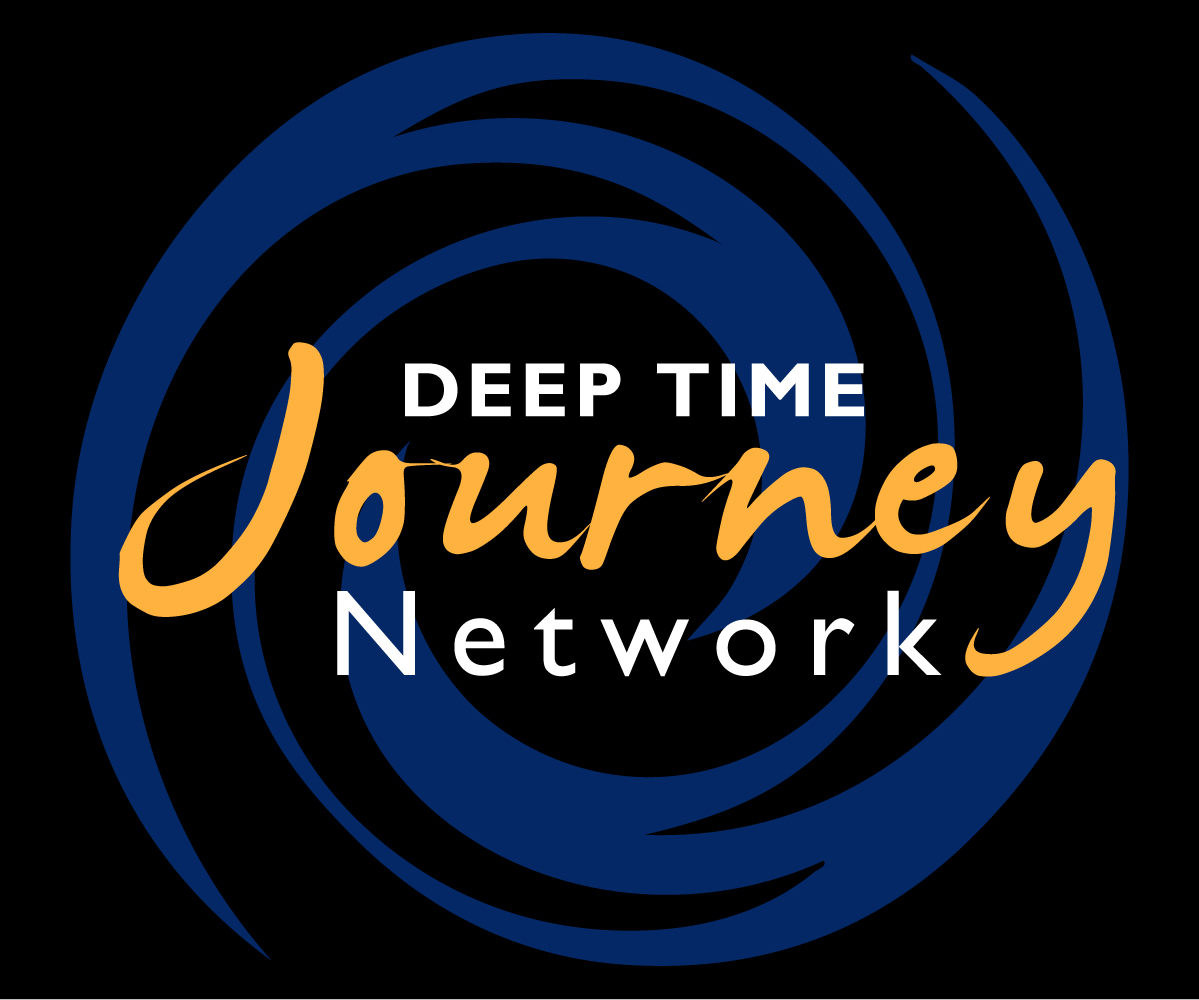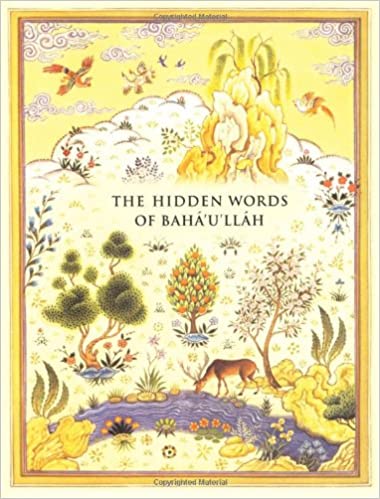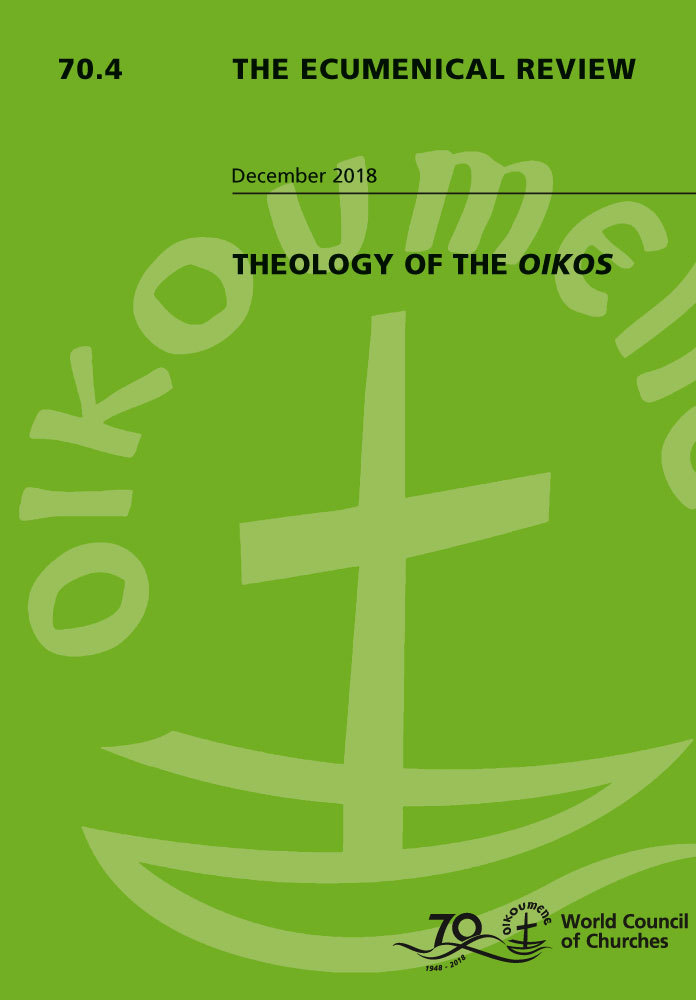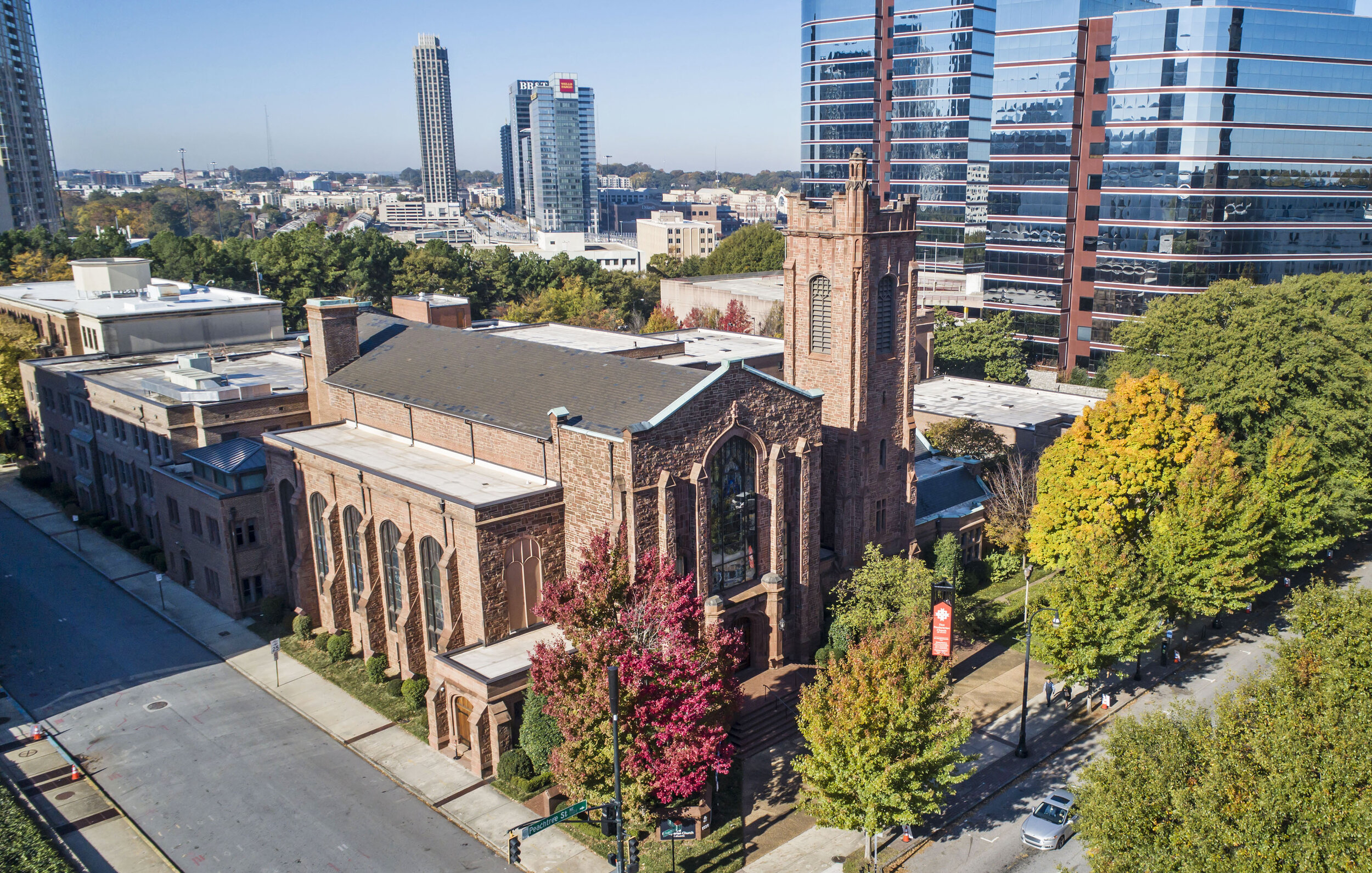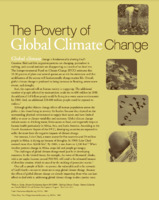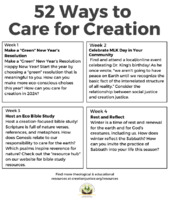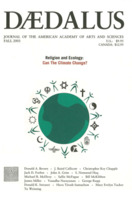Search
83 items
-
How Religion Influences Our Relationship With the Environment
This article, drawing references from a study in the Journal of Religion and Demography, summarizes how religions influence many environmentally relevant behaviors.
The author and his colleagues discovered that countries with a lower religious population utilize more resources and emit more emissions, but they are also better prepared to deal with the environmental difficulties that emerge since they are wealthier. On the other hand, countries with more religious populations tend to use fewer resources, but they also have less capability to address environmental concerns and are more vulnerable to negative consequences, owing to their high levels of poverty and continued population increase.
The link between religion, poverty, environmental impact, and governance is intricate and ever-evolving; the field continues to call for more research. -
Religious Affiliation and Environmental Challenges in the 21st Century
"As the impacts of climatic change increase, the share of the world population with a religious affiliation is expected to rise (from 84% in 2010 to 87% by 2050). Religion is important for climate change relevant behaviours, including fertility choices or whether one sees climatic change as due to human action or related to forces beyond human control. We conduct exploratory and descriptive statistical analyses to better understand the associations among religion, on the one hand, and economic development, greenhouse gas emissions, exposure to environmental stressors, and attitudes, beliefs and environmental performance, on the other. We show that countries with lower shares that are religious tend to have more emissions, to be better prepared for environmental challenges and have low or negative population growth. Countries with a greater proportion of religiously affiliated tend to have higher population growth, face more environmental risks and to be less prepared for those risks. Identifying groups that disproportionally cause or are exposed to environmental risks represents an issue of environmental justice. Understanding the religious composition of the world along with environmental changes can further help identify which environmental policies that could be more effective." -
Green Muslims Ramadan Toolkit
Ramadan is a time to reflect, exercise self-control, and cultivate connections to one's faith. This three-part toolkit hopes to enhance the Ramadan experience using those same concepts but building more environmentally friendly habits while connecting one
with their faith in a unique way.
Each day highlights an Ayah, a quote, or a hadith that aspires to inspire you to action. The “challenge yourself” section of the day gives you a suggestion on how to adjust your habits, and the “reflection” section hopes to help you analyze your current habits in order to make the habit-forming both action-oriented and intellectual. -
Green Umbrella Impact Team: Faith Communities Go Green
MISSION: Partnering with religious communities to create a more sustainable and equitable future for all by mobilizing their moral voice to reduce the risk of catastrophic climate change.
VISION: Religious communities collaborating to integrate care for creation in their lives and society. -
The Giving Grove
The mission of the Giving Grove is to provide healthy calories, strengthen community and improve the urban environment through a nationwide network of sustainable little orchards to dramatically increase access to healthy food.
The Giving Grove envisions:
- thousands of little orchards in food insecure urban neighborhoods across the nation;
- a system of local food production that feeds people for decades;
- a national network of neighborhood stewards trained in holistic methods for growing fruit; and
- urban neighborhoods transformed by their own work and generosity. -
Ecological Consciousness in Jainism: Exploring Realities, Constraints, and Traditions
This paper explores the traditions and philosophies of Jainism and how that influences its connection to the environment. The author explains the Jainism cosmology and the distinction between different senses as they apply to animate and inanimate beings. Jain literature understands human connections to the world with an emphasis on the interconnectedness of life forms. To Jains, environmental concerns cannot be separated from socio-economic concerns. -
The 12 Principles of Permaculture: A Way Forward
This blog article describes the basics of permaculture (permanent culture). Permaculture is rooted in the observation of natural systems and indigenous knowledge. The author introduces the solution permaculture offers to help us transition to a more resilient, ethical, and sustainable future better for the planet and its inhabitants. -
Wendell Berry and Ellen Davis: The Art of Being Creatures (Episode from On Being)
In this intimate conversation between Krista and one of her beloved teachers, we ponder the world and our place in it, through sacred text, with fresh eyes. We’re accompanied by the meditative and prophetic poetry of Wendell Berry, read for us from his home in Kentucky: “Stay away from anything / that obscures the place it is in. / There are no unsacred places; / there are only sacred places / and desecrated places. / Accept what comes of silence.” -
On Being with Krista Tippett
The On Being Project is a nonprofit media and public life initiative. We make a public radio show, podcasts, and tools for the art of living. Six grounding virtues guide everything we do. We explore the intersection of spiritual inquiry, science, social healing, community, poetry, and the arts. We’re offering ongoing special content for this moment, including conversations about race and healing, “care packages” for care givers and uncertain times, and a new way to experience poetry.
A Peabody Award-winning public radio show and podcast. What does it mean to be human? How do we want to live? And who will we be to each other? Each week a new discovery about the immensity of our lives. Hosted by Krista Tippett. -
Soul Search with Dr. Meredith Lake
Soul Search explores contemporary religion and spirituality from the inside out — what we believe, how we express it, and the difference it makes in our lives.
Airs Sunday 6 pm Repeated: Wednesday 11 pm, Thursday 12pm.
You can listen to this podcast on platforms such as Apple Podcasts, Google Podcasts, and ABC Listen App. -
Green Shinto
Green Shinto is a blog by John Dougill operating out of Kyoto, Japan, which is dedicated to the promotion of an open, international and environmental Shinto. It seeks to celebrate the rich heritage of the tradition, from sacred rocks and shamanistic roots to bawdy myths and fertility festivals. It believes Shinto to be essentially diverse, localised, and community-oriented. It looks to a Shinto free of borders, liberated from its past to meet the demands of a new age. It looks in short to a Shinto that is green indeed as well as in word. -
Deeptime Journey Network
DTN’s mission is to orient humanity to an evolving interconnected universe as expressed in our vision. We bring together science, ancient wisdom and the arts inside community to share learning, global conversation, celebration, and action. The significance and profound power of a deeptime perspective — when shared in community — inspires, guides and motivates us to create a flourishing future.
DTN is a project of The Deep Time Journey Network, a 501(c)(3) non-profit in Princeton New Jersey, founded to build a global community, offer courses, and share resources. It’s a vision of community in which everyone is source and where connecting and collaborating mirrors the way the universe itself evolves through new partnerships. -
The Story of Stuff (Documentary)
The Story of Stuff is a short animated documentary about the lifecycle of material goods. The documentary is critical of excessive consumerism and promotes sustainability.
Filmmaker Annie Leonard wrote and narrated the film, which was funded by Tides Foundation, Funders Workgroup for Sustainable Production and Consumption, Free Range Studios and other foundations. Free Range Studios also produced the documentary, which was first launched online on December 4, 2007.
The documentary is used in elementary schools, arts programs, and economics classes as well as places of worship and corporate sustainability trainings. By February 2009, it had been seen in 228 countries and territories. According to the Los Angeles Times as of July 2010, the film had been translated into 15 languages and had been viewed by over 12 million people. -
The Hidden Words of Bahá’u’lláh
A collection of spiritual teachings which is intended for all religious persuasions and those who seek a spiritual life. These meditational verses which were composed by Baha'u'allah, about the year 1858, while in exile to Iraq, explore the relationship between God and man. -
The U.S. Baha'i Office of Public Affairs
The Office of Public Affairs for the Baha’is of the United States was founded in 1985 to represent the American Baha’i community on the national stage.
Today, we collaborate with governmental and non-governmental organizations, individuals, and groups to advance thought around our focus areas, which currently comprise racial unity & justice, the environment, economic justice, human rights, the role of media in society, and gender equality & the advancement of women.
Our Office operates under the auspices of the National Spiritual Assembly of the Baha’is of the United States, the elected governing body of the American Baha’i community. -
Sacred Watersheds and the Fate of the Village Body Politic in Tibetan and Han Communities Under China’s Ecological Civilization
Coggins studies the spiritual ecologies of Tibetan and Han communities in the People's Republic of China. The Tibetan animism focuses on the protection of landscapes because of their relation to various deities and spirits. Han communities worked on creating fengshui forests to find balance a balance of qi in all things. -
Educational Programme: “The Use of Plants in the Worship of the Orthodox Church” and Its Contribution in Shaping Values of Sustainability
The goal is to connect children to nature with plants that have symbolic value to the bible. They created a Sunday School curriculum that will teach kids the value of having a connection with nature and God. 73% of the students that went through the course said that they cared more about the environment after taking the course. -
Zoom Events: Greening the Bible
The goal of this short course is to read the Bible afresh: to reinterpret texts of terror (for other creatures) and to reclaim passages that show the importance and agency of nonhuman persons. It is intended as a tool for forming earth-inclusive Christians. -
ECHO Global Farm
ECHO introduces sustainable plants, climate-resilient techniques, and technologies to farmers around the world who are struggling to feed their families.
Through partnering with local NGOs, farmers, volunteers, and missionaries, ECHO is able to be efficient with their resources in providing aid where it's needed the most.
Empty bellies and empty hearts lead to pain and suffering for individuals, families, and communities across the world. ECHO believes that as active participants in the Great Commission and stewards of great agricultural knowledge, it is their duty to grow and make disciples. -
The Poverty of Global Climate Change
"Global climate change poses one of the greatest threats to the most vulnerable among us, especially people in poverty. The impoverished and vulnerable do not have the economic and technological resources to adapt to the expected impacts
of climate change. Heat waves, droughts, storms, and consequent economic costs fall most heavily upon those in poverty. Addressing climate change must involve addressing the plight of those in poverty to be successful, while addressing poverty must involve environmental sustainability to be a long-term solution." -
52 Ways to Care for Creation: January 2024
"Download the January 2024 52 Ways to Care for Creation bulletin insert! Use this resource to deepen your congregation’s commitment to creation justice. Each week highlights a creation justice idea for action or reflection for yourself and your community." -
Self Portrait
"This 35mm film photo is a self portrait taken on Rachel Carson Way in Ithaca, NY. To me, sustainability is taking small actions every day to better the people and the planet. This photo is representative of many sustainable actions I take in my day to day life, including shopping second hand, buying from small businesses, supporting local artists, supporting women in science, and traveling ethically."
Taken by Lydia Derrico. Submitted to the RESTORExchange Sustainability Contest. -
Harmony in Sustainability
"Harmony in Sustainabillity: Balancing Earth, Life, Prosperity and Culture". Taken by Ruby Le. Submitted to the RESTORExchange Sustainability Photo Contest. -
Envisioning the Daoist Body in the Economy of Cosmic Power
"From a sociological perspective, religious traditions represent and construct the collective values and systems of meaning of human societies. As such, religious traditions influence the way their adherents interpret their experience of the world and, consequently, influence their actions upon it. Religious ideologies, however, are themselves always in medias res. Even though their adherents may uphold an eternal vision of archaic principles handed down from the gods, in actuality this vision is continuously renegotiated and reconstructed in conversation with the changing demands of historical and cultural context." -
Two Hikers
"Two hikers gaze at the sunset painting the canyon walls near the edge of the Grand Canyon. They are inspired by the beauty of nature in this brief moment, which emphasizes the necessity of preserving such treasures for future generations." Taken by Balint Horompoli-Toth. Submitted to the RESTORExchange Sustainability Photo Contest.

